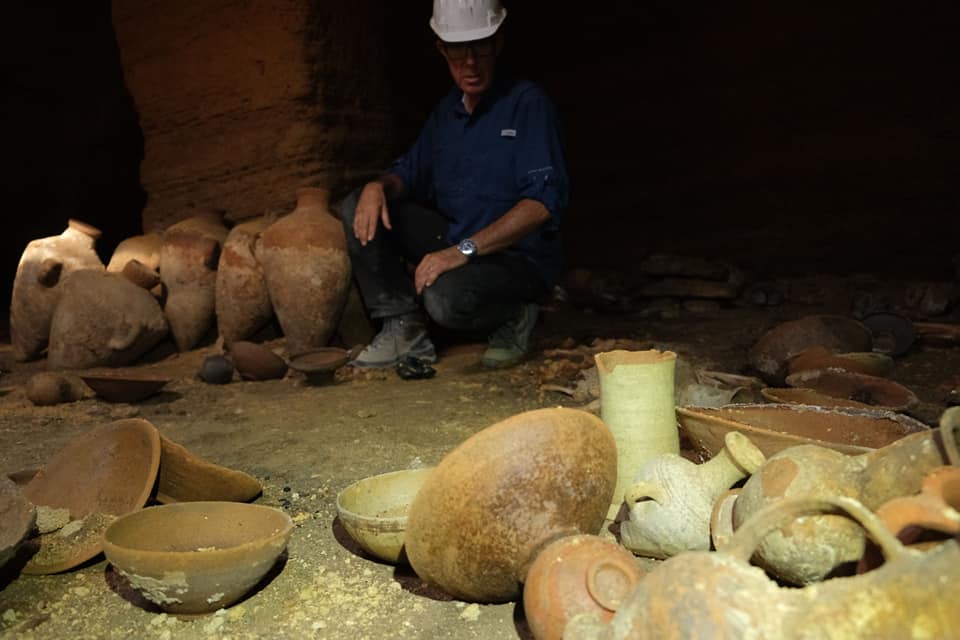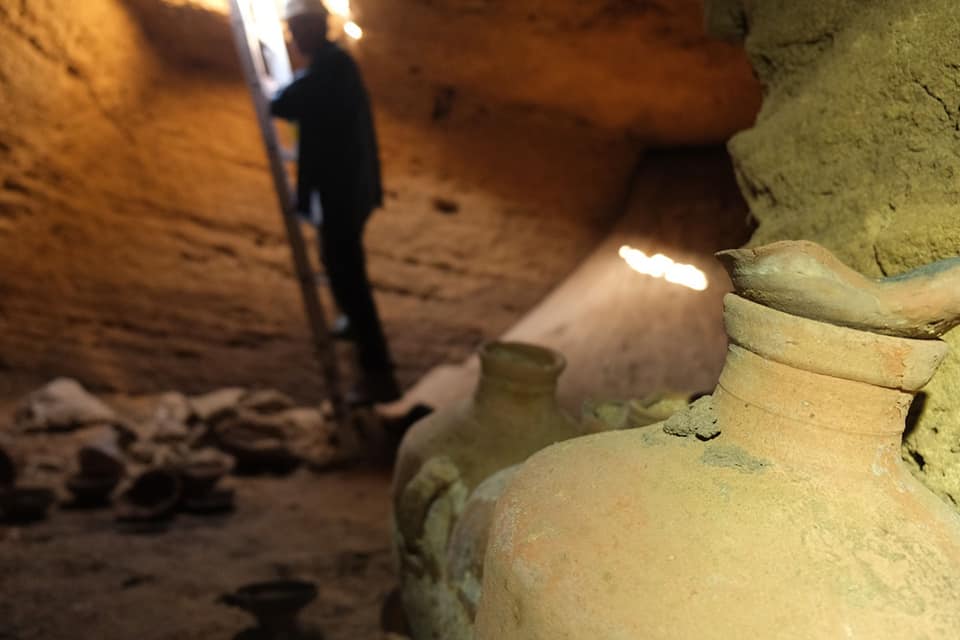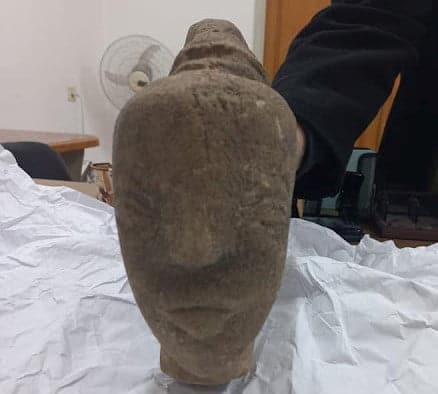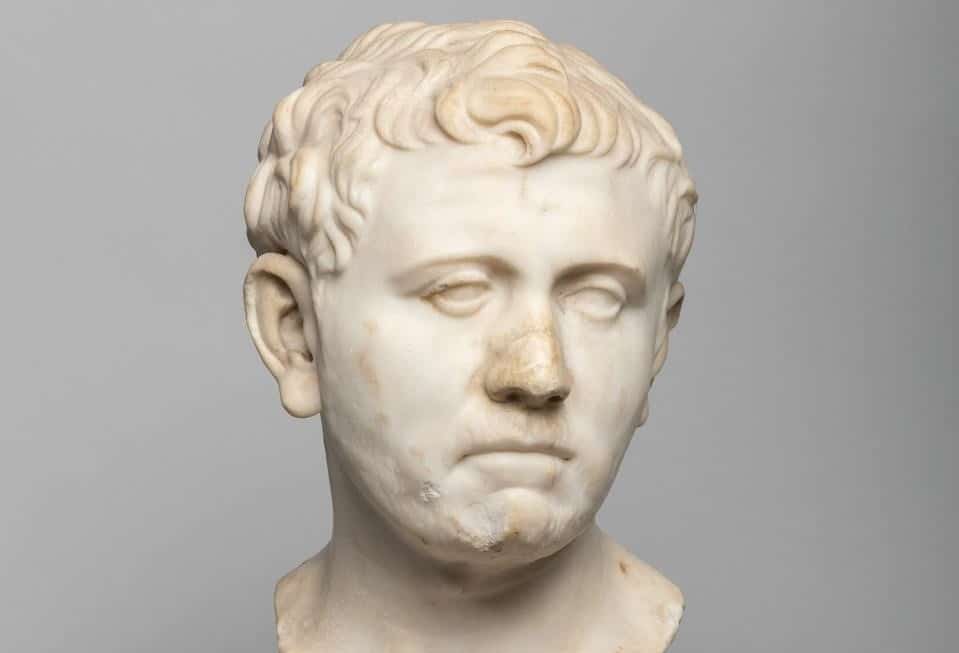The cave in the Palmachim National Park close to Israel’s most popular beaches, was found with dozens of pottery and bronze artefacts just as they were placed about 3,300 years ago during the burial ceremony.
The Israel Antiquities Authority (IAA) announced on Sunday that the find was made on Tuesday after a mechanical digger working at the Palmahim national park hit the roof of the cave by chance.
Archaeologists used a ladder to descend into the spacious, man-made square cave containing objects in a variety of forms and sizes including bowls, chalices, cooking pots, jars, lamps and bronze arrowheads or spearheads.
The objects were burial offerings to accompany the dead on their journey to the afterlife.
The findings date back to the reign of Rameses II who is often regarded as the most powerful Egyptian king and thought of as possibly the pharaoh from the Biblical Exodus from Egypt.
“This is a once-in-a-lifetime discovery,” said Dr. Eli Yanai, an IAA expert on the Bronze Age.
“A cave floor laid out with vessels untouched for 3,300 years, since the Late Bronze Age, about the time of the powerful King Rameses II.
“The fact that the cave was sealed, and not looted in later periods, will allow us the employ the modern scientific methods available today, to retrieve much information from the artefacts and from the residues extant on the vessels, for example, organic remains that are not visible to the naked eye.

The archaeologists believe the vessels in the cave came from multiple places including Cyprus, Lebanon and Syria which indicates the trading activity of the time.
“In this period, in the long reign of the nineteenth Egyptian dynasty Pharaoh Rameses II, the Egyptian Empire controlled Canaan, and the Egyptian administration provided secure conditions for extensive international trade,” said Dr. Yannai.
According to the IAA, the news of the find spread quickly and many scholars have already requested to be part of the planned excavation.
The cave has been resealed and under guard until a plan for research and protection is made, with some items having already been looted in the short period of time between its discovery and closure.
“Unfortunately, despite the guard set up, a few items were looted from the cave before it was sealed up, an issue that is now under investigation,” said Eli Eskosido, Director of the IAA.
“Within a few days, we will formulate a plan to carry out the research and the protection of this unique site, which is a feast for the archaeological world and for the ancient history of the land of Israel.”






